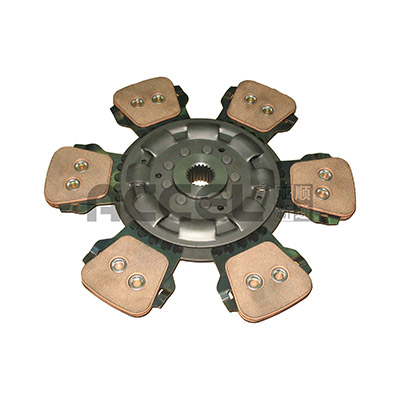Mobile:+86-311-808-126-83
Email:info@ydcastings.com
Exploring the Benefits of Electric Water Pumps in Modern Automotive Design
The Role of Electric Water Pumps in Modern Automotive Engineering
In the rapidly evolving world of automotive engineering, the incorporation of advanced technologies plays a pivotal role in enhancing vehicle performance, efficiency, and environmental sustainability. One significant innovation in this realm is the electric water pump. This component has garnered attention for its ability to improve cooling systems, reduce emissions, and offer better energy efficiency. This article explores the significance, advantages, and future of electric water pumps in the automotive industry.
Understanding the Functionality
Traditionally, water pumps in vehicles were mechanically driven by the engine via a belt. This setup, while functional, had inherent limitations, including reduced efficiency during low engine speeds or idle. The mechanical coupling meant that the pump would only operate when the engine was running, leading to potential overheating issues, especially in stop-and-go traffic or during idling periods.
Electric water pumps, on the other hand, are powered by the vehicle's electrical system and can operate independently of the engine. By utilizing electric motors, these pumps can provide optimized cooling performance, maintaining the engine at the ideal operating temperature under various driving conditions.
Benefits of Electric Water Pumps
1. Improved Efficiency One of the standout advantages of electric water pumps is their ability to adjust the flow rate according to the vehicle’s cooling requirements. This dynamic response helps maximize thermal efficiency and ensures that the engine operates within its optimal temperature range, enhancing performance and fuel efficiency.
2. Reduced Emissions With enhanced efficiency comes the added benefit of reduced emissions. By maintaining optimal engine temperatures, electric water pumps contribute to more complete combustion processes, resulting in lower carbon dioxide and other harmful emissions. This is particularly relevant as the automotive industry faces stringent regulatory requirements regarding vehicle emissions.
3. Energy Recovery Electric water pumps can also be integrated with hybrid and electric vehicle systems. In these vehicles, excess energy generated during regenerative braking can be used to power the water pump, further improving overall energy efficiency and sustainability.
automotive electric water pump

4. Design Flexibility The compact design of electric water pumps allows for greater flexibility in vehicle design. Manufacturers can position them in various locations, freeing up space and potentially improving weight distribution. This flexibility can lead to lighter vehicles, which are increasingly crucial in a landscape where weight reduction contributes significantly to fuel efficiency.
5. Enhanced Performance In high-performance vehicles, electric water pumps can provide quick response times to cooling demand. This responsiveness is critical in high-stress situations such as racing or aggressive driving, where maintaining optimal temperatures can mean the difference between victory and failure.
Challenges and Considerations
Despite the numerous benefits of electric water pumps, there are challenges to consider. The complexity of integrating these systems into existing vehicle architectures can be daunting, requiring careful engineering and potentially increasing manufacturing costs. Additionally, the reliance on electrical systems adds another layer of maintenance and potential failure points.
Moreover, as electric vehicles continue to gain popularity, the demand for reliable and efficient cooling systems will grow. Manufacturers must ensure that electric water pumps are not only effective but also durable and capable of withstanding the demanding conditions typical in electric vehicle operation.
The Future of Electric Water Pumps
As the automotive industry pivots towards electric and hybrid vehicles, the importance of electric water pumps is likely to grow. The push for energy efficiency, reduced emissions, and enhanced performance aligns perfectly with what electric water pumps can offer. Continued advancements in materials, design technologies, and integration with smart vehicle systems will further enhance the capabilities of these pumps.
In conclusion, electric water pumps are more than just an accessory in modern vehicles; they are a critical component that supports the industry's shift towards greater efficiency and sustainability. As technology advances, we can expect electric water pumps to play an even more significant role in automotive engineering, proving that innovation in even the smallest parts can lead to substantial improvements in vehicle performance and environmental impact. The future of automotive cooling systems looks bright, driven by the electric revolution.
-
Why Should You Invest in Superior Pump Castings for Your Equipment?NewsJun.09,2025
-
Unlock Performance Potential with Stainless Impellers and Aluminum End CapsNewsJun.09,2025
-
Revolutionize Your Machinery with Superior Cast Iron and Aluminum ComponentsNewsJun.09,2025
-
Revolutionize Fluid Dynamics with Premium Pump ComponentsNewsJun.09,2025
-
Optimizing Industrial Systems with Essential Valve ComponentsNewsJun.09,2025
-
Elevate Grid Efficiency with High-Precision Power CastingsNewsJun.09,2025











